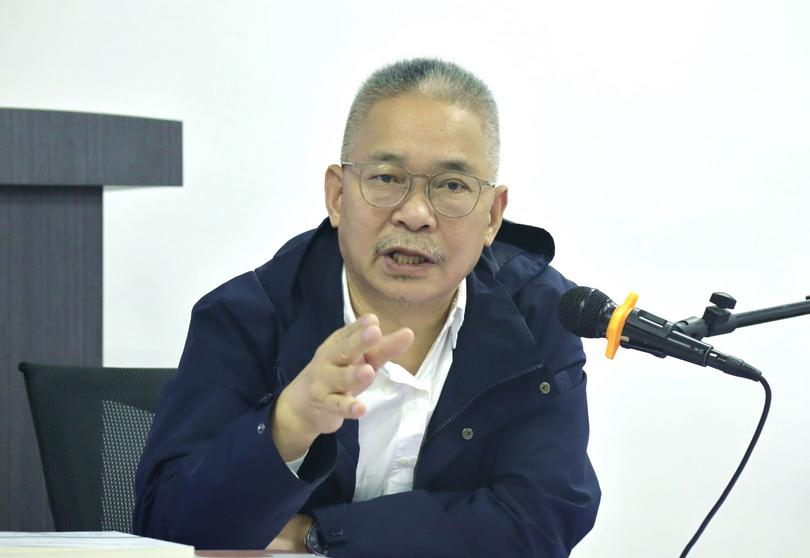Recently, psychologist Dr. Wang Xuefu delivered a lecture on psychological counseling for pastoral staff at a church in a southern Chinese city.
Among different pastoral counseling methods initiated in the United States, biblical counseling founded by Jay Adams has had a significant impact on Chinese churches, said Dr. Wang.
With over 20 years of experience in Christian psychological counseling, Dr. Wang, the founder of Zhimian Institute For Counseling and Psychotherapy, Nanjing, holds a Ph.D. in literature from Nanjing University and a Master of Psychology and Counseling from Andover Newton Theological School in the U.S. He was given the Charlotte and Karl Buhler Award for 2013 by the American Psychological Association and has authored books including The Wounded, The Road to Growth, and Healing Heart.
Dr. Wang first stated that there is a theory in psychology that can be labeled as “simplistic reductionism.” The theory suggests that all issues be reduced to the “biological” level and attributes all problems to biological causes. "Thus, the only solution is through medication. However, in reality, life is much more complex than that," he said.
The psychologist introduced four pastoral care and counseling models developed in the United States that are currently influencing Chinese churches. Biblical or nouthetic counseling started by Jay Adams advocates that “there is no counseling outside the Bible"—the Bible is the sole basis for counseling, rejecting psychological approaches. He even believes that there should be no treatment, including medical treatment, outside of the Bible and the church. Adams attributes psychological abnormalities to pride and sinful nature and believes that the only effective treatment is to submit oneself and weep to God. The method has had a significant impact on Chinese churches.
Then he introduced the second model to the audience—the integration of psychological treatment and pastoral counseling, as advocated by Fuller Theological Seminary. This model places Jesus at the core of psychology and has trained a large number of professionals with both theological and psychological education. These professionals work in churches, theological seminaries, and professional institutions to provide pastoral counseling and psychological treatment.
The third model—Clinical Pastoral Education, developed by Princeton Theological Seminary and San Francisco Theological Seminary—involves collaboration with hospitals for clinical care education. Trainees learn psychological theories and methods and practice pastoral care in churches, such as conversing with patients and providing physical care. In some institutions, this has become a compulsory course for seminary students, preparing them for pastoral work.
The final model is pastoral counseling, which pursues the integration of psychotherapy and spirituality. Dr. Wang explained that the psychotherapy emphasized in his lecture refers to rigorous training in psychological treatment to achieve a truly professional level, while spirituality is based on Christian faith and does not exclude other religious beliefs such as Buddhism and Taoism. A representative organization for this approach is the American Association of Pastoral Counseling.
Furthermore, Dr. Wang Xuefu also believes that the Church in China needs to update their minds to carry out pastoral care and counseling. Different methods should be used to solve different kind of problems, such as practical or technical issues, as well as spiritual or psychological problems. Dr. Wang explained with an example, “People need to go to a motor vehicle repair shop to repair a car, but it cannot be fixed by consulting the Bible. The value of the Bible will be diminished if we interpret through the Bible everything related to the faith and physical and spiritual aspects of life. God tells us about the salvation of souls through the Bible, which is the fundamental to Christians’ lives."
“Similarly, regarding child-rearing and marital relationships, the Bible provides principles and teachings. However, it does not offer specific and detailed measuring strategies or solutions. Therefore, professional psychological counseling can be utilized for us,” Dr. Wang added.
- Translated by Charlie Li












